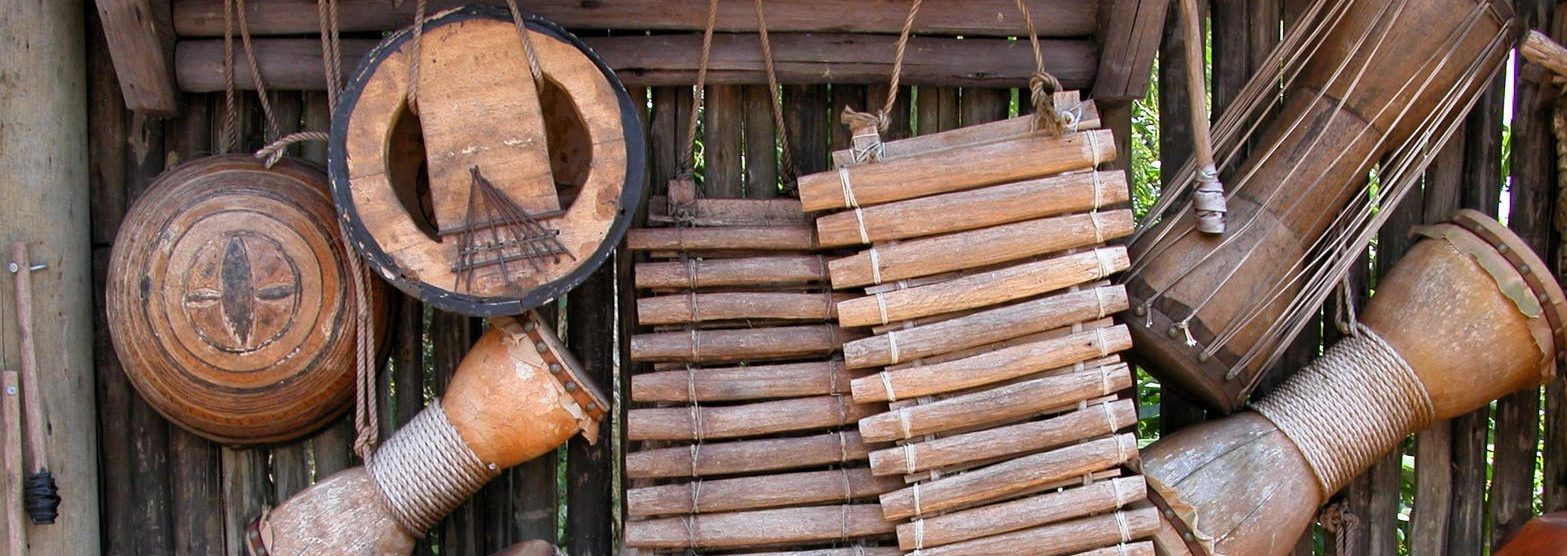One persistent objection raised against Christianity by ‘Pan-Africanists’ is that African Christians serve a foreign God, a white man’s Wanga. To them, Christianity is nothing more than a medium of residual cultural imperialism and neo-colonialism.
The argument, previously hinted on in my articles, is based on the premise that since Christianity and colonialism (basically) boarded the same plane to Uganda (and some other parts of Africa), they are cousins of sorts, sharing the same childhood bed.
This view is reinforced of course, by the unfortunate practices that seem to have originated with the 19th-century Missionaries which linked the inclusion of the convert in the Christian community with their obtaining a new identity, often marked by receiving a new ‘western’ name.
Pan-African anti-theists often argue that Christianity is alien to and thus destroys the ancient African culture.
This argument indeed does hold some water. After all, naming in African tradition is an identity marker ceremony. Ancient African thought suggested that a baby becomes genuinely human when the family names them. To be human, in Africa, is not (only) biological but relational. ‘I am because we are,’ says John S. Mbiti, ‘and because we are therefore I am.’
With this perspective, indeed, it does seem accurate to assume that baptism immerses us into a foreign culture, cutting us off from our very own roots, as long as the only evidence remaining when the waters of baptism dry is a new Western name. There is a sense in which to be Christian in the missionary setting is an antinomy of being African.
It is on this short background that one may genuinely pose the question, is Christianity Good News for the African?
Building the Foundation
I think that this question can only be answered rightly, if at all exhaustively, by discussing Christianity’s claims apart from much of the cultural baggage gained from its rather long journey across the globe. We must also understand the African cultural background to appreciate the questions the traditional African worldview raises.
Both of these do require a more in-depth study than a thousand words of a blog article can offer. And I am gravely aware of how modern eyes tire of long articles read by thumb-scrolling on the gadgets. I will thus not make a fool of myself attempting to give an exhaustive response to these questions.
It is crucial for our conversation, however, to acknowledge that the Christian worldview affirms this: God preceded the missionaries to Africa. Such a conclusion logically follows from the cardinal Christian belief that He alone is the Creator, not just of Israel, but of the whole world.
The very first two chapters of Genesis insist that contrary to the pantheon of Greek (and African) gods, the One Creator and Sustainer of the universe reigns not just over a small geographical location in the Middle East, but over everything there is.
And because this is so, we are bound to have evidence of this God, not just in creation external to man, but also in man’s consciousness, religious expression, and worship.
Understanding this is key, especially for us as Africans. We must know that the God scripture reveals to us is not new to Africa. He has always been here.
Thus, the African who has come to know Jesus as Lord must ask, in what ways was Jesus here, and what were His redemptive works, before the Missionaries came? Knowing this will help us build on His foundation rather than digging up the trenches afresh.
Let me highlight the fact that the relationship between Christianity and culture has always been one of redemption. Christianity at its core does not destroy nations but saves them. This distinctiveness of Christianity owes to the heart of its message and identity. From inception, Christianity has always been cross-cultural.
Secondly, in every place Christian missionaries went, they made it a point to develop in writing the dictionary and lexicography of the indigenous languages, the two things necessary to preserve indigenous cultures.
Islam is different in this regard. There is no place, in which Islam has taken root, in which there are a dictionary and lexicography that is not Islamic. The indigenous worship of God in Islamic formulation is not encouraged. There is no local name for Allah in any African tribe, precisely because Allah did not create those tribes. The God of the Bible did, and thus is named locally in every African tribe and tongue.
Christianity at the core is not against indigenous and diverse cultures, but to the contrary, the heart of Christianity, Christ, is One in whom all things, including customs, consist. And Christians have always promoted, at times at the cost of their lives, the indigenous worship expressions to God in Christ.
As Origen argued in his case for having the Hebrew Bible as part of the Christian scriptures, at the heart of Christianity is a cross-cultural mission of Christ. For, Lamin Sanneh points out, Jesus Yeshua the Hebrew Messiah is also the Christos the Lord of the Greeks. Thus, Jesus bore a hybrid and intercultural name.
I bring all this up to build a foundation, upon which we may dismiss the ideology that Christianity is an antinomy to Africanness. We need not abandon our identity as Africans for us to fully embrace Christ. On the contrary, in Christ, we get to understand what it means to be African indeed.
Know that the Lord, He is God; It is He who has made us, and not we ourselves; We are His people and the sheep of His pasture. Psalm 100:3
For
‘…in Him we live and move and have our being, as also some of your own poets have said, ‘For we are also His offspring.’ Acts 17:28
Next time I wish to go in-depth, considering the implications of God preceding Missionaries to Africa, and why Christianity is Good News to us as Africans without destroying our indigenous Identity.
I am always glad to hear from readers. Write me at theprincejose@yahoo.com

